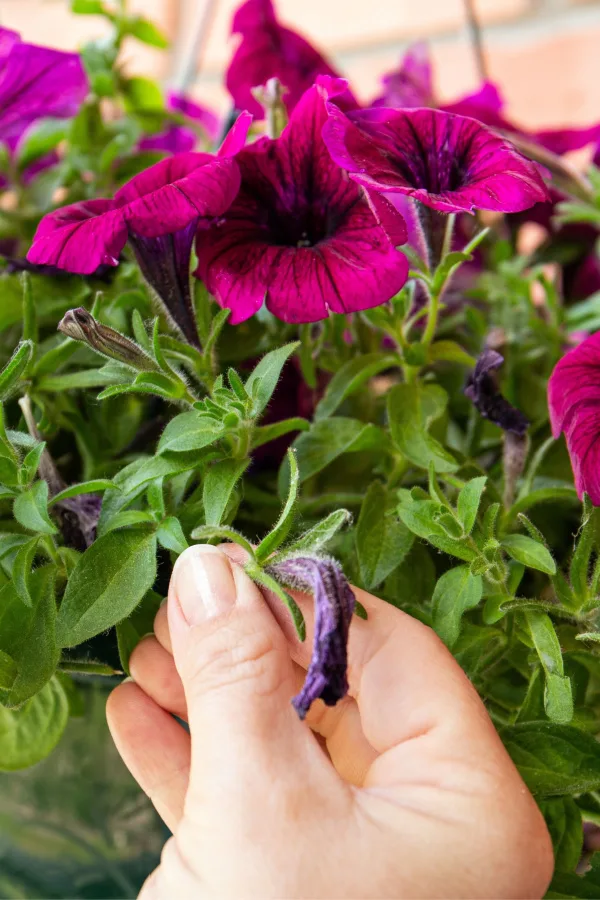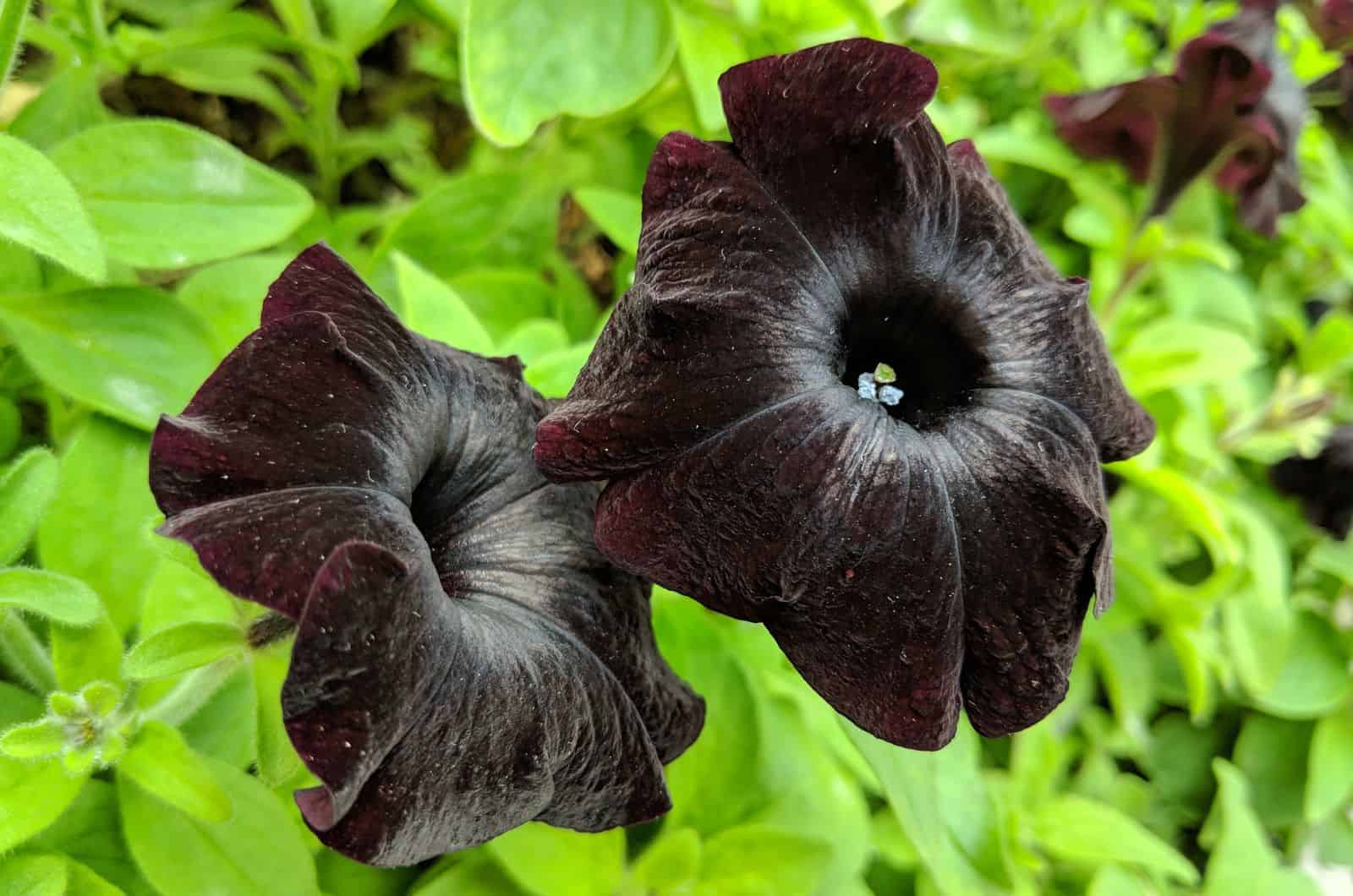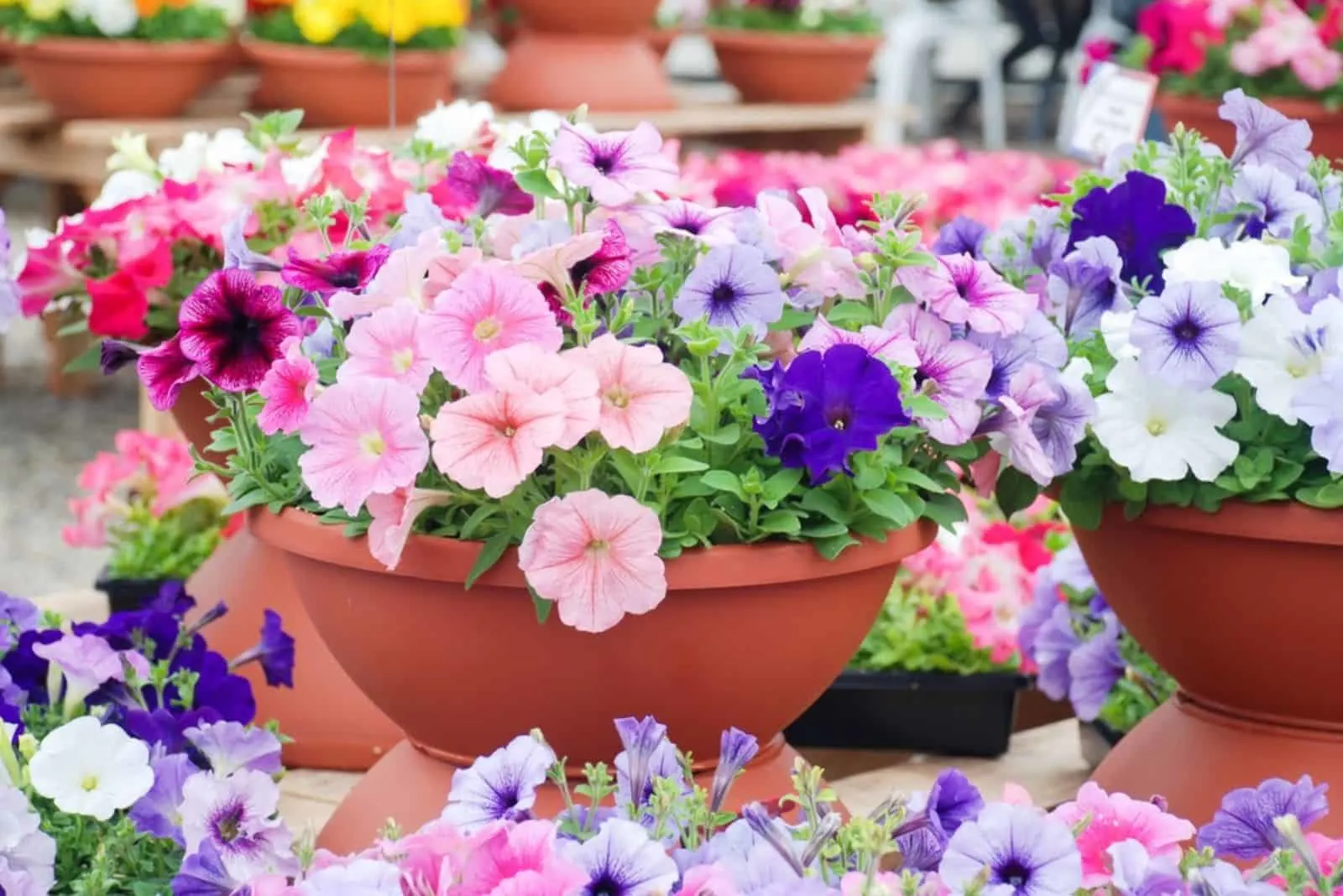Understanding Petunia Toxicity: Separating Fact from Fiction
Petunias are a popular annual flower, known for their vibrant colors and delicate trumpet-shaped blooms. However, despite their beauty, there are concerns about the potential toxicity of petunias to humans. As with any plant, it’s essential to understand the risks associated with petunias and take necessary precautions to ensure safe handling and enjoyment. The question on many people’s minds is, are petunias toxic to humans?
While petunias are not typically considered a highly toxic plant, they do contain certain chemical compounds that can cause adverse health effects if ingested or come into contact with skin. Solanine, a glycoalkaloid found in the leaves and stems of petunias, is one such compound that has raised concerns about petunia toxicity. But what exactly does this mean for humans, and how can we minimize the risks associated with petunias?
It’s crucial to note that the toxicity of petunias is generally considered low, and most people can handle them without issue. However, certain individuals, such as those with sensitive skin or allergies, may be more susceptible to adverse reactions. Additionally, children and pets may be at higher risk due to their curiosity and tendency to put plants in their mouths.
As we explore the topic of petunia toxicity, it’s essential to separate fact from fiction. While some sources may claim that petunias are highly toxic, others may downplay the risks. By examining the scientific evidence and understanding the chemical compounds present in petunias, we can make informed decisions about how to handle these beautiful flowers safely.
What Makes Petunias Potentially Toxic to Humans?
Petunias contain several chemical compounds that may be toxic to humans, including solanine and other glycoalkaloids. These compounds are naturally produced by the plant as a defense mechanism to protect itself from insects and other predators. However, when ingested or come into contact with skin, these compounds can cause adverse health effects.
Solanine, in particular, is a glycoalkaloid that has been shown to be toxic to humans. It can cause symptoms such as nausea, vomiting, diarrhea, and abdominal pain if ingested in large quantities. In addition, solanine can also cause skin irritation, including redness, itching, and blistering, if it comes into contact with skin.
Other glycoalkaloids present in petunias, such as chaconine and tomatine, have also been shown to be toxic to humans. These compounds can cause similar symptoms to solanine, including gastrointestinal upset and skin irritation.
It’s worth noting that the toxicity of petunias can vary depending on the specific variety and growing conditions. Some petunia varieties may contain higher levels of toxic compounds than others, and growing conditions such as soil quality and sunlight exposure can also impact the levels of these compounds.
Overall, while petunias are not typically considered a highly toxic plant, they do contain chemical compounds that can cause adverse health effects if ingested or come into contact with skin. As with any plant, it’s essential to handle petunias safely and take necessary precautions to minimize the risks associated with them.
How to Handle Petunias Safely: Precautions and Best Practices
Handling petunias safely requires some basic precautions and best practices to minimize the risks associated with their potential toxicity. One of the most important steps is to wear gloves when handling the plants, especially when pruning or repotting. This will prevent any potential skin irritation or allergic reactions.
After handling petunias, it’s essential to wash your hands thoroughly with soap and water. This will remove any potential toxins or allergens from your skin and prevent any accidental ingestion. Additionally, make sure to avoid ingesting any plant parts, including leaves, stems, or flowers.
Keeping petunias out of reach of children and pets is also crucial. Children may accidentally ingest plant parts, and pets may chew on the plants, which can cause adverse health effects. Make sure to place petunias in a safe location where they cannot be easily accessed by children or pets.
When handling petunias, it’s also important to avoid touching your face or eyes, as the sap or pollen can cause irritation. If you experience any skin irritation or allergic reactions while handling petunias, wash the affected area thoroughly and seek medical attention if necessary.
By following these simple precautions and best practices, you can enjoy petunias while minimizing the potential risks to human health. Remember, it’s always better to err on the side of caution when handling plants that may be toxic or cause allergic reactions.
Petunia Allergy and Sensitivity: What to Watch Out For
While petunias are not typically considered a highly allergenic plant, some individuals may still experience allergic reactions or sensitivity to them. The most common symptoms of a petunia allergy or sensitivity include skin irritation, such as redness, itching, and blistering, as well as respiratory issues, such as sneezing, congestion, and coughing.
In some cases, individuals may experience more severe reactions, such as anaphylaxis, which is a life-threatening allergic reaction that requires immediate medical attention. If you experience any of the following symptoms after handling petunias, seek medical attention immediately: difficulty breathing, rapid heartbeat, dizziness, or a drop in blood pressure.
To identify a potential allergic reaction or sensitivity to petunias, pay attention to any unusual symptoms that occur after handling the plants. If you experience any of the symptoms mentioned above, remove yourself from the area and wash your hands thoroughly with soap and water.
If you suspect that you or a family member has a petunia allergy or sensitivity, consult with a healthcare professional for proper diagnosis and treatment. They may recommend allergy testing or other diagnostic procedures to determine the severity of the allergy or sensitivity.
In addition to taking precautions when handling petunias, individuals with allergies or sensitivities can also take steps to minimize their exposure to the plants. This may include wearing protective clothing, such as gloves and a mask, when handling petunias, and avoiding areas where petunias are present.
By being aware of the potential for allergic reactions or sensitivity to petunias, individuals can take steps to minimize their risks and enjoy these beautiful flowers while staying safe.
Petunia Ingestion: What to Do in Case of Accidental Ingestion
While petunias are not typically considered a highly toxic plant, accidental ingestion can still occur, especially in children and pets. If you or someone you know has ingested petunias, it’s essential to take prompt action to minimize the risks associated with petunia toxicity.
The first step is to seek medical attention immediately. If the person who ingested the petunias is experiencing severe symptoms, such as difficulty breathing, rapid heartbeat, or dizziness, call emergency services or seek immediate medical attention.
If the symptoms are mild, you can start by inducing vomiting, but only if advised by a medical professional. Do not attempt to induce vomiting without consulting a doctor first, as this can sometimes make the situation worse.
After inducing vomiting, monitor the person for symptoms and seek medical attention if they persist or worsen. It’s also essential to keep an eye on the person’s vital signs, such as pulse, breathing rate, and blood pressure.
In addition to seeking medical attention, it’s also crucial to identify the type of petunia that was ingested. Some petunia varieties may be more toxic than others, and knowing the specific type can help medical professionals provide the best course of treatment.
Preventing accidental ingestion is also key. Keep petunias out of reach of children and pets, and avoid leaving them unattended. If you have pets that like to chew on plants, consider replacing petunias with non-toxic alternatives.
By taking prompt action in case of accidental ingestion and taking steps to prevent it from happening in the first place, you can minimize the risks associated with petunia toxicity and enjoy these beautiful flowers while staying safe.
Petunia-Related Health Issues: A Review of the Scientific Evidence
While petunias are a popular annual flower, there is limited scientific evidence on their potential health effects on humans. However, studies have shown that petunias contain chemical compounds that may be toxic to humans, such as solanine and other glycoalkaloids.
Research has also shown that petunias can cause allergic reactions and sensitivity in some individuals, including skin irritation, respiratory issues, and other symptoms. However, the exact mechanisms by which petunias cause these reactions are not fully understood.
A review of the scientific literature on petunia-related health issues reveals that there are several gaps in current research. For example, there is a need for more studies on the toxicity of petunias and their potential health effects on humans. Additionally, more research is needed on the mechanisms by which petunias cause allergic reactions and sensitivity.
Despite the limitations of current research, the available evidence suggests that petunias can pose health risks to humans, particularly if ingested or if they come into contact with skin. Therefore, it is essential to take precautions when handling petunias, such as wearing gloves and washing hands thoroughly after contact.
Further research is needed to fully understand the potential health effects of petunias on humans. However, based on the available evidence, it is clear that petunias can pose health risks and that precautions should be taken when handling them.
In conclusion, while the scientific evidence on petunia-related health issues is limited, it is clear that petunias can pose health risks to humans. Further research is needed to fully understand these risks and to develop effective strategies for minimizing them.
Alternatives to Petunias: Non-Toxic Flowers for Your Garden
If you’re concerned about the potential toxicity of petunias, there are many alternative flowers that are non-toxic and safe for human handling. Some popular options include zinnias, marigolds, and sunflowers.
Zinnias are a popular annual flower that come in a variety of colors and are easy to grow. They are also non-toxic and safe for human handling, making them a great alternative to petunias.
Marigolds are another popular annual flower that are known for their bright yellow and orange colors. They are also non-toxic and safe for human handling, and are often used in gardens and floral arrangements.
Sunflowers are a popular annual flower that are known for their large, bright yellow blooms. They are also non-toxic and safe for human handling, and are often used in gardens and floral arrangements.
When choosing alternative flowers to petunias, it’s essential to consider their toxicity and safety for human handling. Some flowers, such as lilies and tulips, can be toxic to humans and should be avoided.
In addition to choosing non-toxic flowers, it’s also essential to consider their care and maintenance. Some flowers, such as zinnias and marigolds, are easy to grow and require minimal care, while others, such as sunflowers, may require more maintenance.
By choosing non-toxic flowers and following proper care and maintenance, you can enjoy beautiful and safe flowers in your garden.
Conclusion: Enjoying Petunias While Minimizing Risks
In conclusion, while petunias are a popular annual flower, there are concerns about their potential toxicity to humans. However, by understanding the risks and taking responsible handling and safety precautions, you can enjoy petunias while minimizing potential risks to human health.
It’s essential to remember that petunias contain chemical compounds that may be toxic to humans, such as solanine and other glycoalkaloids. These compounds can cause adverse health effects if ingested or come into contact with skin.
However, by following the guidelines outlined in this article, you can minimize the risks associated with petunia toxicity. This includes wearing gloves when handling the plants, washing hands thoroughly after contact, and avoiding ingestion of any plant parts.
Additionally, it’s crucial to be aware of the possibility of allergic reactions or sensitivity to petunias, including skin irritation, respiratory issues, and other symptoms. If you experience any of these symptoms, seek medical attention immediately.
By being informed and taking responsible precautions, you can enjoy the beauty of petunias while minimizing the risks to human health. Remember, it’s always better to err on the side of caution when handling plants that may be toxic or cause allergic reactions.
In summary, petunias can be a safe and enjoyable addition to your garden or home, as long as you take the necessary precautions to minimize the risks associated with their potential toxicity.








